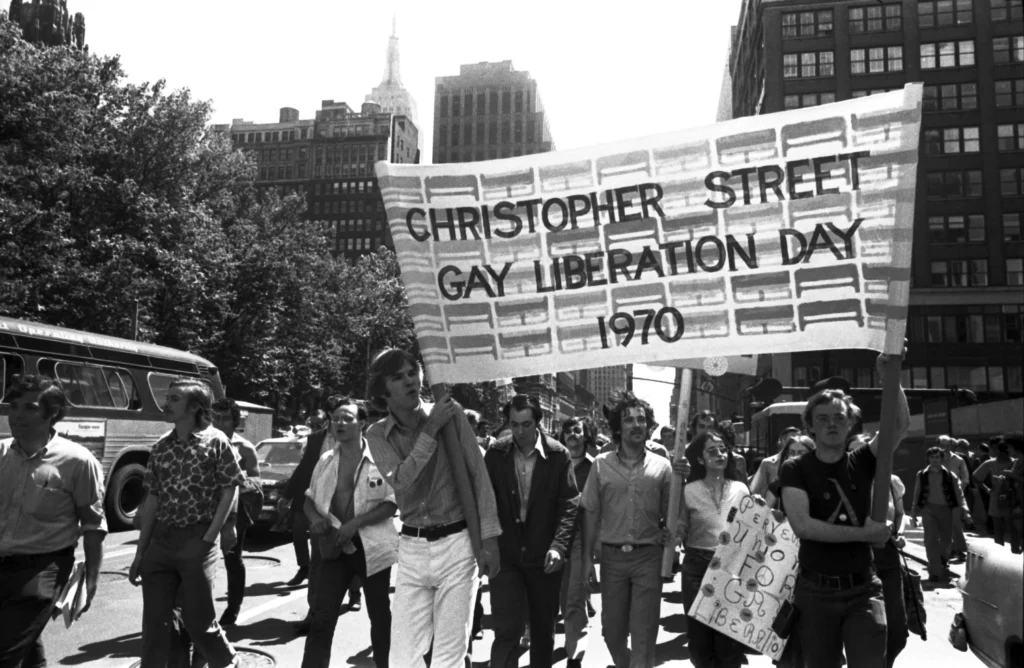
In the tumultuous 1970s, the United States was grappling with the complexities of the Vietnam War, a conflict that stirred political unrest and challenged societal norms. Amidst this backdrop of upheaval, a burgeoning movement for gay rights began to take shape, offering a poignant juxtaposition to the prevailing cultural and political climate.
The Vietnam War, marked by protests and anti-war sentiments, also provided a platform for marginalized communities to voice their demands for equality. The gay rights movement, although in its infancy, found resonance among individuals who sought not only an end to the war but also an end to discrimination based on sexual orientation.
One pivotal moment during this era was the Stonewall riots of 1969, which catalyzed the gay rights movement. As the activism gained momentum, the 1970s saw the emergence of the first Pride parades and celebrations. These events, initially organized to commemorate the Stonewall riots, took on new significance during the Vietnam War, becoming a symbol of resistance against oppression in various forms.
Participants in these early Pride events often found common ground in their opposition to the war, leading to a sense of solidarity among the LGBTQ+ community. The anti-establishment sentiments that fueled opposition to the war also fueled the fight for gay rights, creating an intersectional movement that challenged societal norms on multiple fronts.
However, it is crucial to note that the 1970s was a time of significant challenges for the gay community. Homosexuality was still widely stigmatized, and discriminatory laws were in place across the country. Despite these obstacles, activists during this era bravely pushed for visibility and acceptance, drawing inspiration from broader social movements seeking justice and equality.
The Vietnam War era saw the rise of LGBTQ+ activism organizations, such as the Gay Liberation Front, which aimed to challenge the status quo and promote inclusivity. These groups played a pivotal role in fostering a sense of community and resilience, creating spaces where individuals could express their identity freely, even in the face of societal resistance.
While the connection between the gay rights movement and the Vietnam War was not always explicit, the shared struggle against oppressive forces created an environment that encouraged dialogue and understanding. LGBTQ+ individuals, many of whom were veterans themselves, found common cause with the broader anti-war movement, as both groups sought to dismantle systems of discrimination and inequality.
In conclusion, the 1970s was a transformative period in American history, marked by both the Vietnam War and the burgeoning gay rights movement. The intersection of these two movements highlighted the interconnectedness of struggles for justice and equality. The era witnessed the birth of Pride celebrations that not only commemorated the Stonewall riots but also served as a powerful statement against discrimination in all its forms. The legacy of those who fought for gay rights during the Vietnam War era laid the foundation for the progress that continues to shape LGBTQ+ rights today.
Leave a Reply